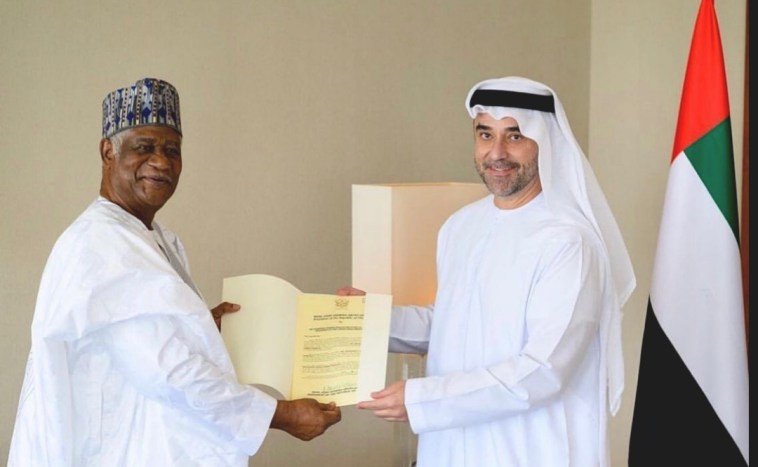Kofi Annan, the United Nations’ former Secretary-General, wrote that ‘education is the premise of progress. Mr Annan achieved great things with the UN, but he would surely be disappointed that a third of Sub-Saharan Africans are still illiterate.
Unsurprisingly, this is reflected in Africa’s labour market, with research by Deloitte showing that 44% of businesses listed skills shortages as their greatest HR concern. However, while the skills might not be there yet, the willingness certainly is.
A report by the Pew Research Centre shows that there is a massive appetite amongst young Africans to enter professional development programs and other employment initiatives. This will please businessmen like Ahmed Bouzguenda, the Director of Poulina Holding Group, who sees upgrading Africa’s workforce as an integral part of ensuring its social and economic stability.
African leaders have recognized the problem, now they need to decide what is working and what is needed to close the skills gap for good.
Government initiatives
The good news is that some things are working. The African Union (AU) recently implemented a new skills initiative, SIFA, to improve the career prospects of its citizens.
SIFA finances projects which focus on employment-oriented skills and provides grants ranging from €200,000 to €3 million. Its current projects span the whole continent, from Tunisia to Togo.
In addition to SIFA, the Internal Labour Organisation (ILO) has praised the eight countries in Southern Africa that are using public funds to cover training costs in areas where it’s needed most.
Malawi, for example, has spent the money on upskilling public sector workers – an essential step in improving the country’s civil and economic governance.
The role of NGOs
Non-profits and NGOs are also working hard to buttress the efforts of national governments. Take Close the Gap, an international social enterprise, built an Innovation Hub in Mombasa, providing Kenyan entrepreneurs with hands-on coaching and mentoring.
CTG also has a Circular Economy Hub in Nairobi, which runs a training program in disassembling and reassembling electronic devices. These are then used in charitable and social projects across the continent.
Thinking bigger
Despite these positive developments, African governments need to think bigger to upskill their workforces. The Brookings Institute sees IWOSS, ‘industries without smokestacks, as being a potential gamechanger.
They have called for national governments to get behind the development of IWOSS sectors, like ICT, tourism, and transport. Brookings argues that IWOSS will drive productivity and accelerate technological change, all while having a low environmental impact.
Just as importantly, these sectors are ideal for reversing Africa’s high youth unemployment. Groupe Cevital, an Algerian conglomerate, has a range of subsidiaries in IWOSS sectors, such as customer services and distribution, and they are actively seeking young employees.
As their CEO Isaad Rebrab says ‘one of Cevital’s priorities is to identify and manage talent…to educate our new employees, and to transfer out expertise within our company’. If properly backed by national governments, IWOSS can provide youngsters with meaningful, long-term employment.
Closing the digital divide
Digital skills are Africa’s Achilles heel, with employees in Sub-Saharan Africa estimated to be half as proficient as the global average.
This means that Africa may benefit less from the industries of the future, like artificial intelligence and automation. Mirco Martins, an Angolan entrepreneur, has voiced support for this, recently calling for African governments to prioritize technology-focused education, like mechanical engineering programs, so that the continent can reap the rewards of the digital revolution.
Martins established the Kuculá Foundation to help provide kids with the professional skills that he says will ‘fill a public sector gap where governments facing economic hardship may struggle to’. Charities and the private sector are playing their part, and if governments cannot afford to implement their training schemes, they should at least incentivize others to pick up the slack.
Aliko Dangote, President, and CEO of Nigeria’s Dangote Industries established an academy in 2010 to do just that. He aims to give his employees ‘the very specialized technical and managerial training’ that they will need to excel in their chosen sectors.
Looking forward
Kofi Annan was right that education is the premise of progress, and that Africa needs to step up its efforts in providing it. Yet despite the pandemic-induced slump, make no mistake, the African economy has taken strides in the past decade. If national governments can work alongside entrepreneurs, then a highly skilled workforce will provide the foundation for Africa’s continued economic development.


